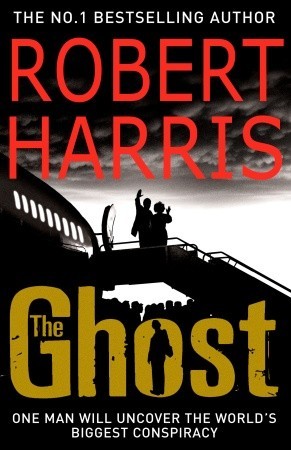
Every Friday Book Beginnings on Friday is hosted by Gillion at Rose City Reader where you can share the first sentence (or so) of the book you are reading. You can also share from a book you want to highlight just because it caught your fancy.
I’m featuring Archangel by Robert Harris, one of my TBRs, a book I bought five years ago. It is a thriller set in late 20th century Russia.
Book Beginning:

Late one night a long time ago – before you were even born, boy – a bodyguard stood on the verandah at the back of a big house in Moscow, smoking a cigarette.
Also every Friday there is The Friday 56, hosted by Freda at Freda’s Voice, but she is taking a break and Anne at My Head is Full of Books has taken on hosting duties in her absence. You grab a book and turn to page 56 (or 56% of an eBook), find one or more interesting sentences (no spoilers), and post them.

Page 56:
Stalin had suffered a catastrophic haemorrhage in the left cerebral hemisphere some time when he was alone in his room between 4 am and 10 pm on Sunday March 1 1953. Academician Vinogradov, who examined the brain after death, found serious hardening of the cerebral arteries which suggested Stalin had probably been half-crazy for a long while, maybe even years.
Synopsis from Amazon:
When historian Fluke Kelso learns of the existence of a secret notebook belonging to Josef Stalin he is determined to track it down, whatever the consequences. From the violent political intrigue and decadence of modern Moscow he heads north – to the vast forests surrounding the White Sea port of Archangel, and a terrifying encounter with Russia’s unburied past.
~~~
What do you think, does it appeal to you? What are you currently reading?




